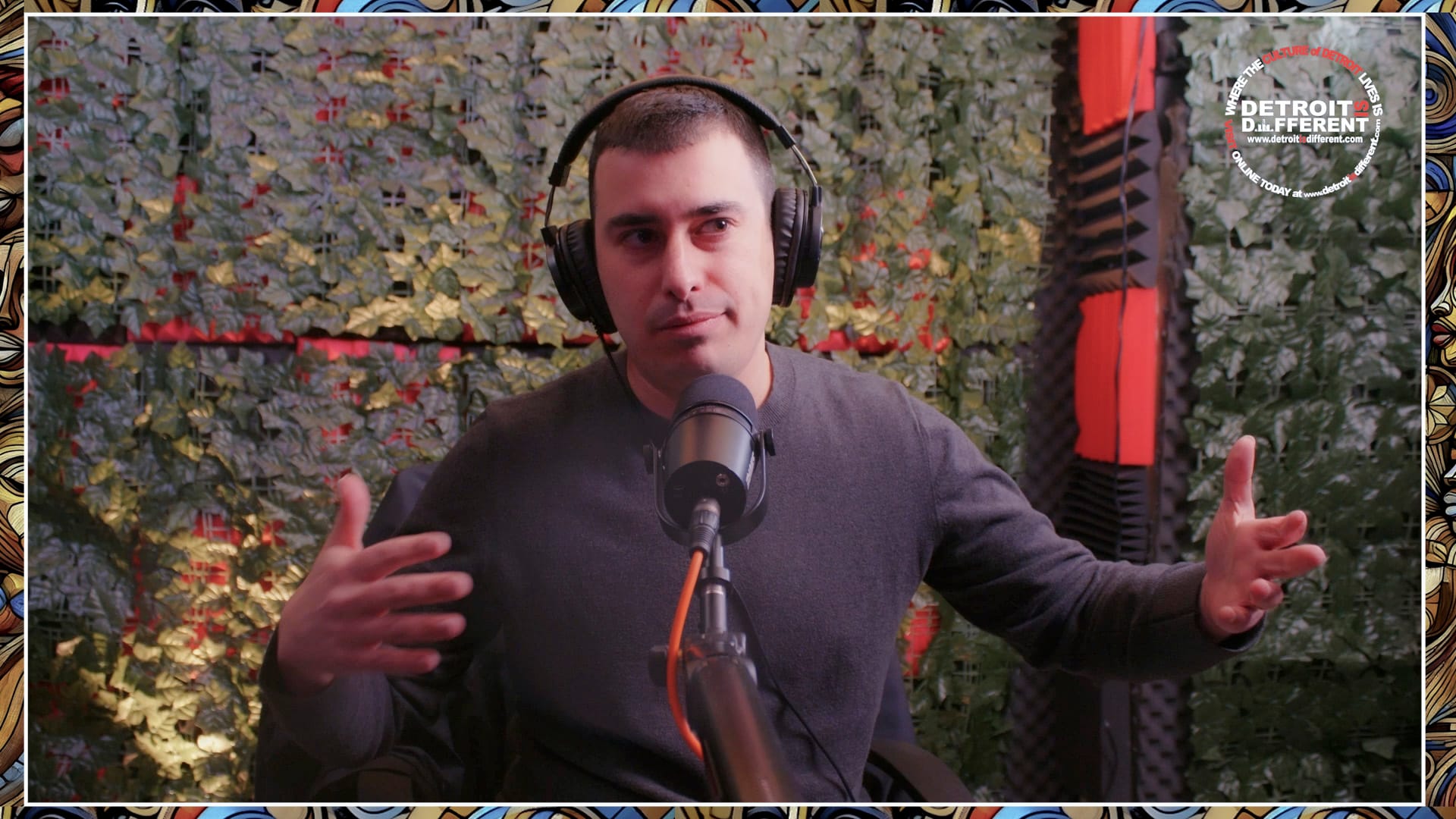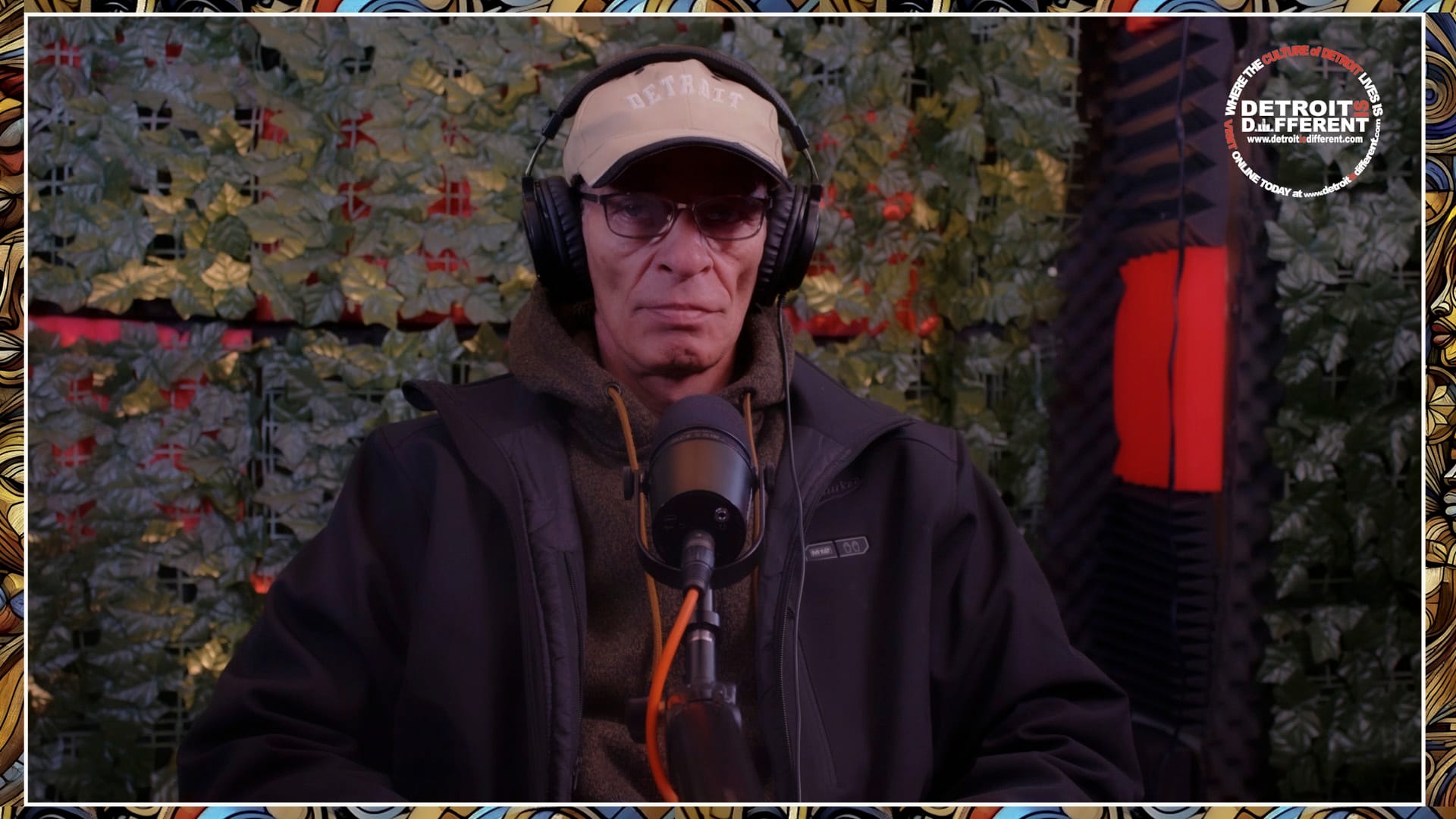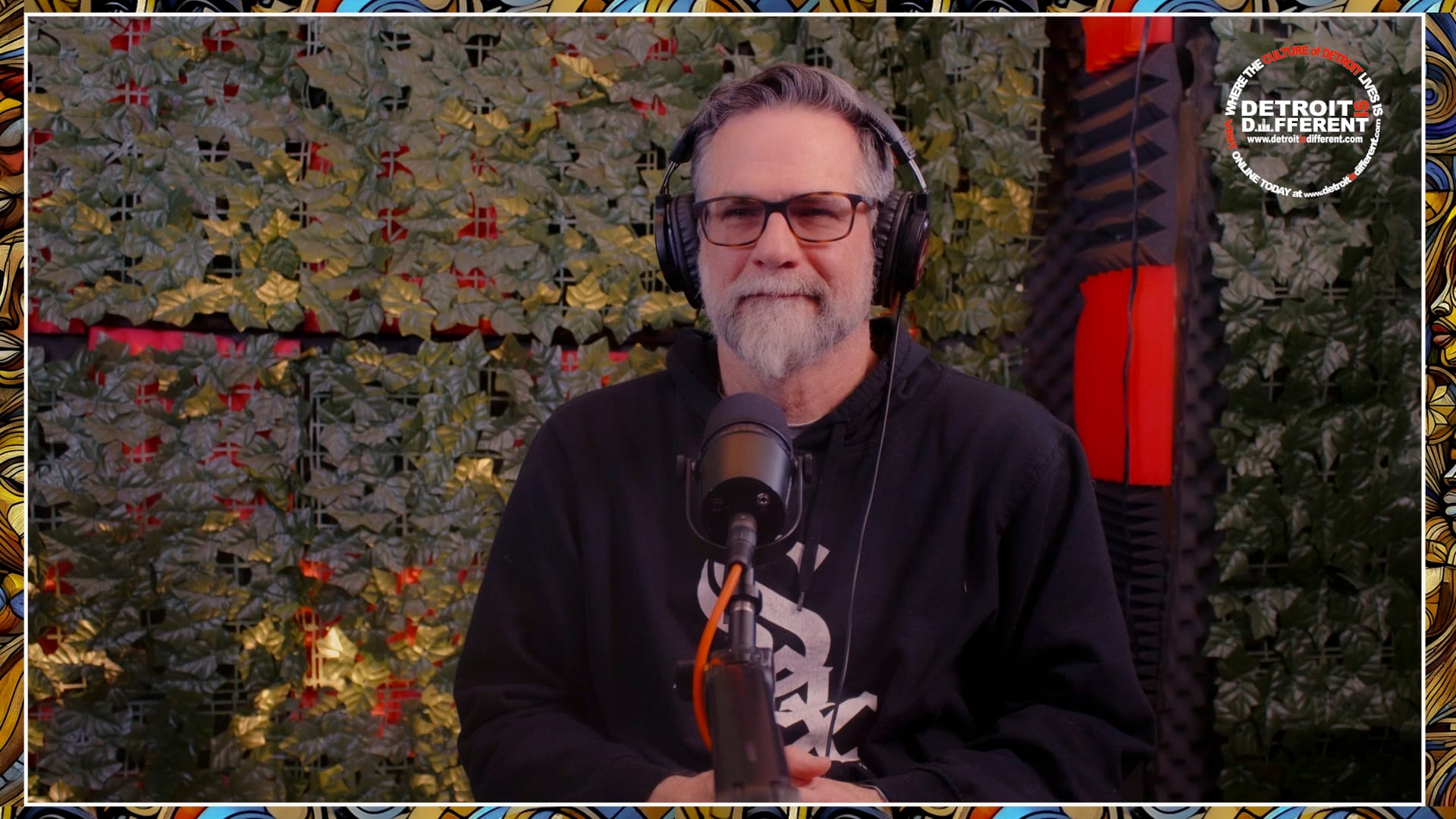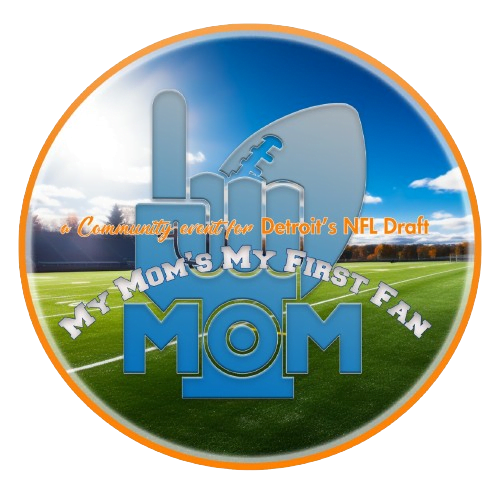Betting on the People: Jonathan Barlow’s Vision for a Spirit-Led Detroit
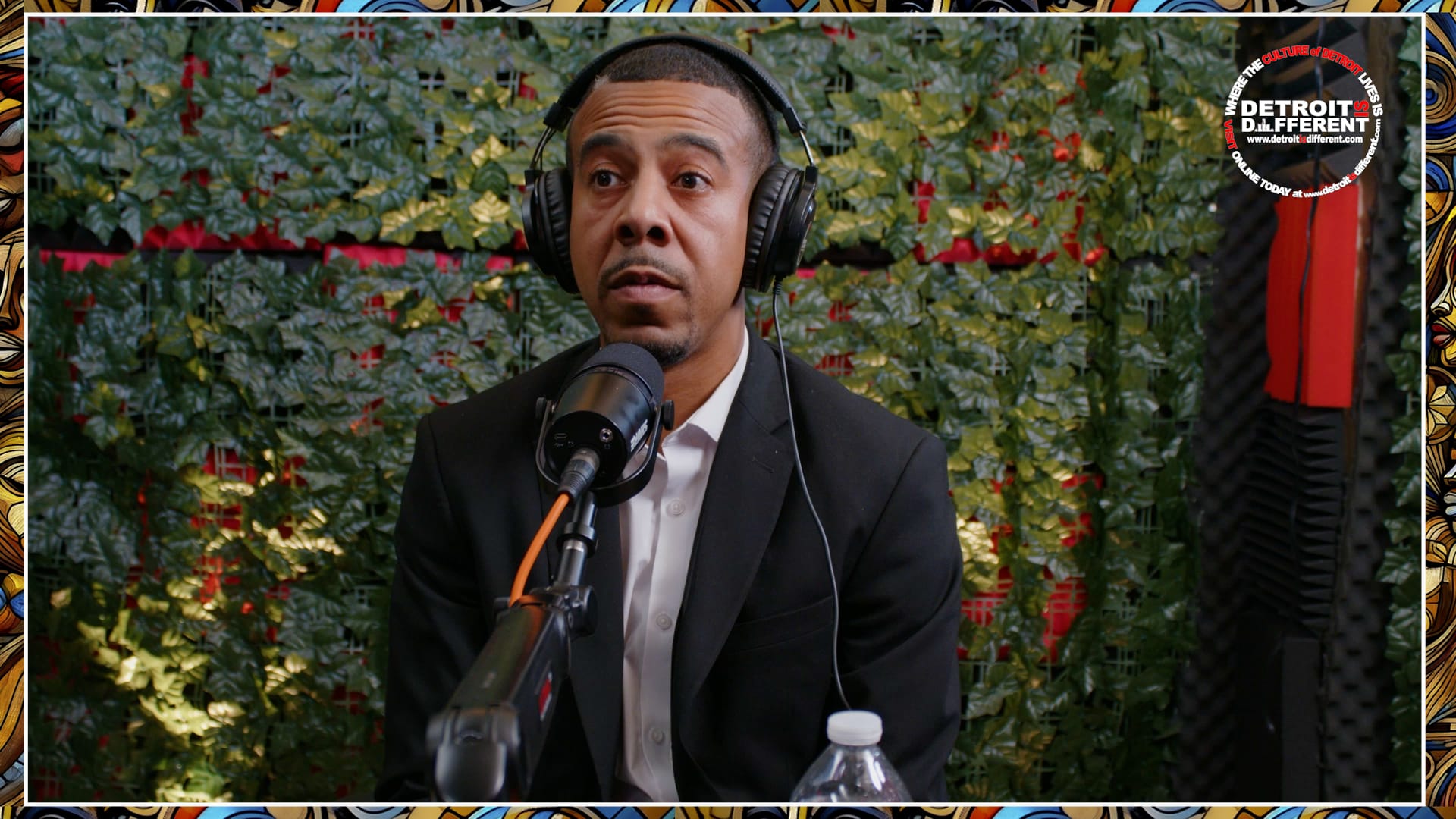
“Detroit deserves to be known for its spirit—grit, grind, hustle, love.” With this rallying cry, mayoral candidate Jonathan Barlow sat down with Detroit is Different for a powerful, deeply rooted conversation that stretched far beyond politics and into the soul of a city. From the foundational lessons of his grandfather, Reverend Joseph B. Barlow—a pastor turned community pillar in Ecorse during the turbulent years of Detroit’s rebellion—to the political tutelage under Rev. Dr. Fred Sampson at Tabernacle Baptist Church, Barlow’s path has been paved with purpose. “Tabernacle was the epicenter,” he shared, reflecting on the church’s revolutionary role in shaping faith-based activism. His memories of walking alone through Montgomery summers, under the watchful spirit of his grandmother who worked on Maxwell Air Force Base, illustrate a childhood forged by trust and responsibility. “I was a point guard—I always knew it was about building teams, not being the star,” Barlow said, tying his Renaissance High School athletics to his community organizing ethos. Through reflections on his mother’s work behind the scenes on Detroit’s school board and his own campaigns to pass citywide legislation—like the 2017 cannabis ordinances—Barlow paints a vision of leadership grounded in legacy and people-power. “Anybody can change the law,” he insisted, echoing his commitment to civic education and community action. And as millions pour into Detroit’s political race, Barlow declares, “I’m betting this election on the people.” His campaign might be underfunded compared to others, but the depth of his roots, the clarity of his vision, and his unshakable belief that Detroiters deserve more, make this interview one of the most compelling Detroit is Different conversations to date.

